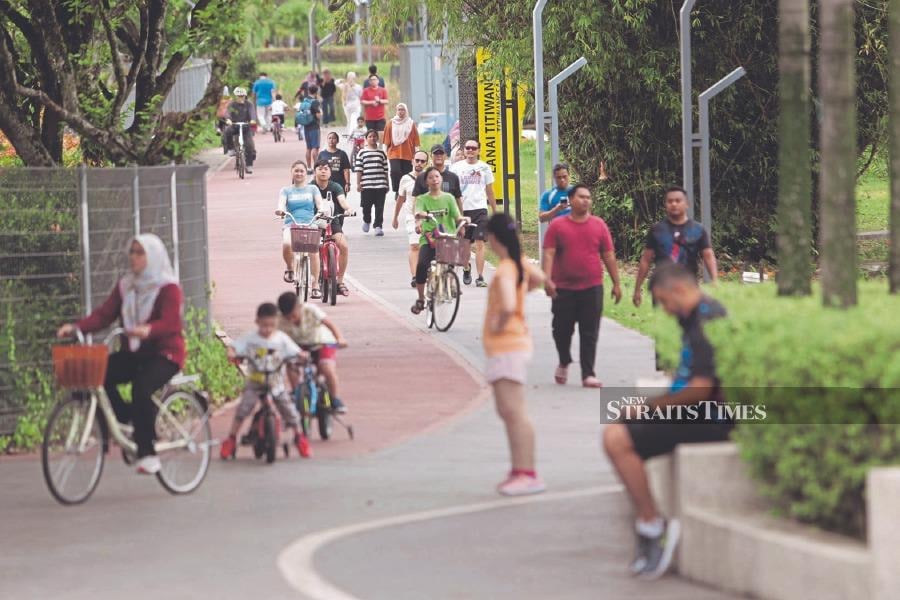
LETTERS: Gender-based violence primarily affects women and girls. Domestic violence has escalated drastically in Malaysia in the last two years due to the Covid-19 pandemic, Extended lockdowns compounded the problem.
More than 9,000 domestic violence cases have been reported since the first Movement Control Order. Last year, the Women, Family, and Community Development Ministry reported 7,468 cases, an increase from 5,260 in 2020.
Between 2000 and 2018, there were 153,507 cases of family abuse, assault, mistreatment of domestic help, maltreatment of children, disrespect for decency and sex crimes, with most of the perpetrators aged 26 to 35.
This clearly has to be addressed immediately as it affects women's psychological and physical wellbeing, as well as the health of their children, who will be exposed to violence later in life.
The likelihood of developing mental health problems, such as post-traumatic stress disorder, despair, panic, alcoholism and suicidal tendencies, is higher among women who experienced domestic violence or abuse.
A research by the Centre for Governance and Political Studies and the All-Action Women's Society found that 57 per cent of Malaysian women claim to regularly experience verbal sexual harassment while walking down the road.
Sixty-two per cent of 1,010 women who participated in a poll by the Women's Aid Organisation reported having encountered work-related sexual harassment. Fifty-six per cent of women, according to the research, have experienced employment discrimination.
Based on the reports, it is obvious that gender-based violence is soaring in Malaysia.
first to address this is to raise public awareness and educate youngsters and teenagers.
Second, ensure professionals dealing with violence against women have specialised training.
Third, help women's empowerment through effective support and aid structures that prevent repeated victimisation.
Fourth, national and international research, data gathering, and networking should be created.
Fifth, increase public awareness of the issue and its effects on individuals and society at large by organising or supporting conferences and informational campaigns.
Sixth, include information on how to treat family abuse and all other forms of violence against women in basic training courses for police officers, judges and those in the clinical and social fields.
Seventh, civil rights educational interventions and sexual education programmes that emphasise gender equality and mutual respect should incorporate or reinforce a gender viewpoint.
Eighth, encourage the media to join in public awareness efforts about domestic abuse against women.
Ninth, encourage those responsible for municipal, regional and urban planning decisions to take into account the significance of improving women's safety and reducing violent crimes in public places.
Lastly, promote the creation of emergency responders, such as free, anonymous telephone helplines, for those who have experienced violence or who are threatened by it.
DR RULIA AKHTAR
Research fellow, Ungku Aziz Centre for Development Studies, Universiti Malaya
The views expressed in this article are the author's own and do not necessarily reflect those of the New Straits Times